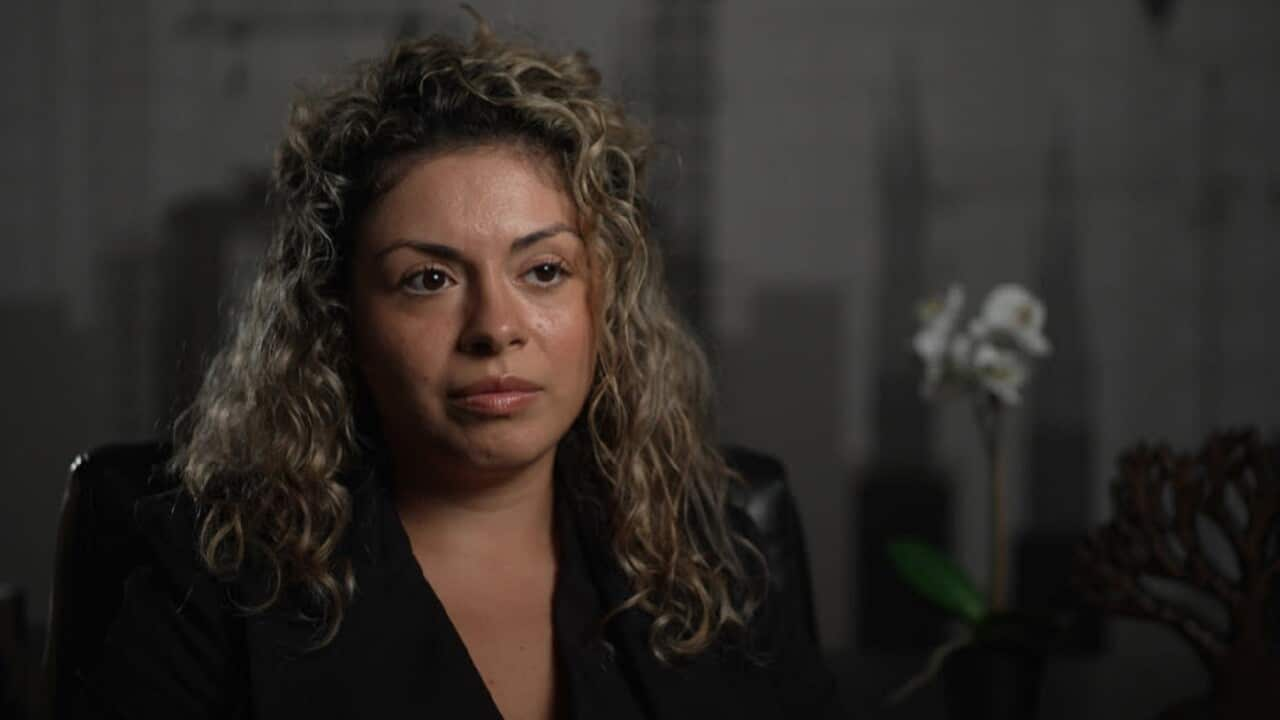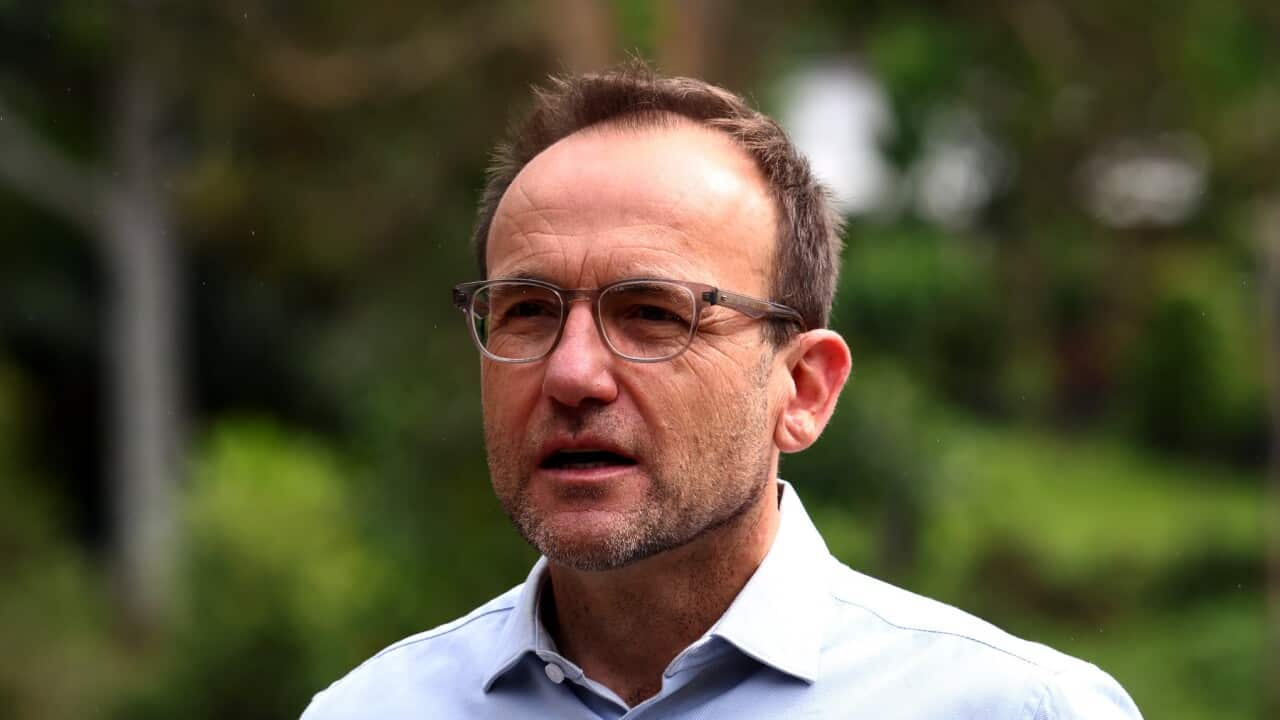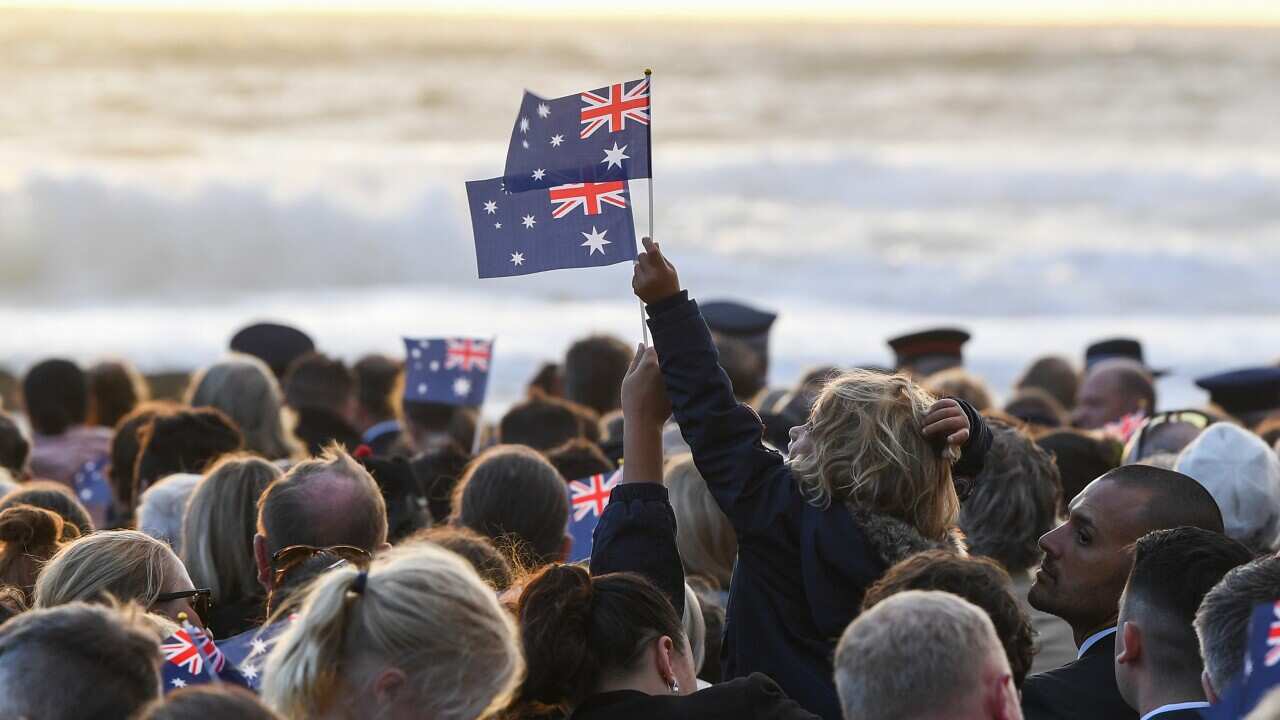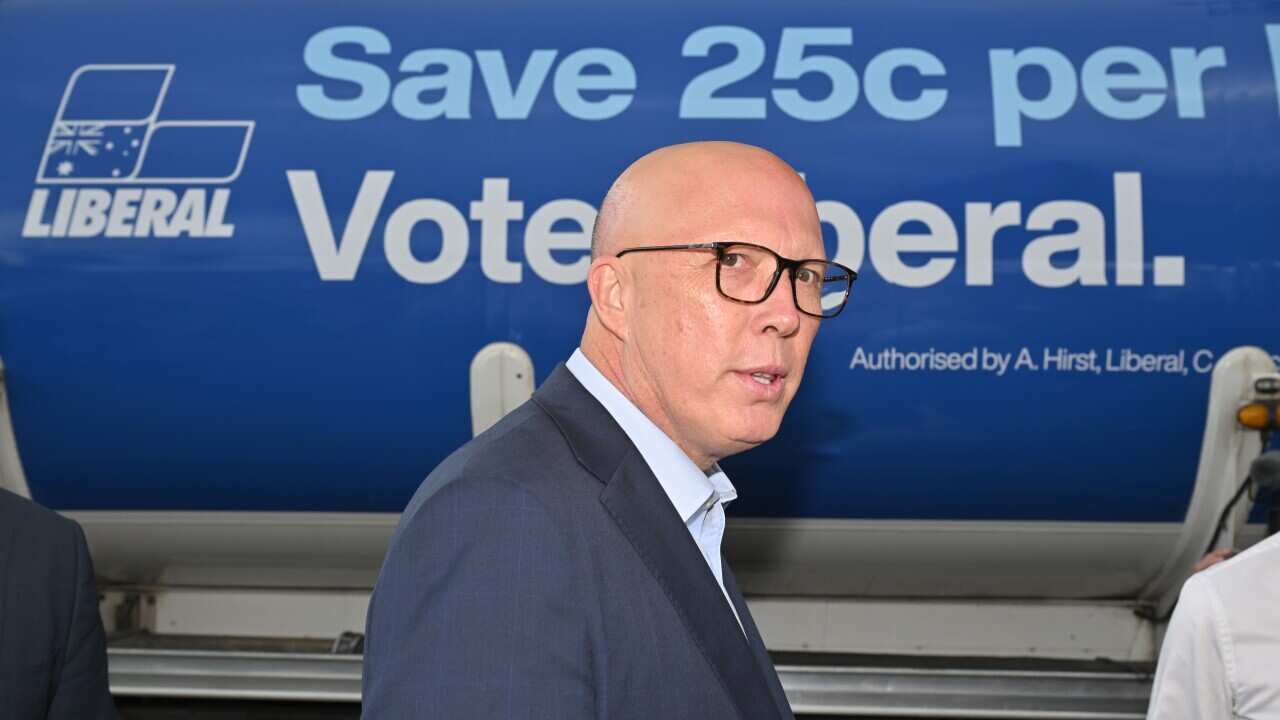TRANSCRIPT
Opposition leader Peter Dutton has released the long-awaited costings for the Coalition's nuclear energy plan which he says will set Australia up for success for decades to come.
"This is a plan which will underpin the economic success of our country for the next century. This will make electricity reliable. It will make it more consistent. It will make it cheaper for Australians and it will help us decarbonise as a trading economy as we must. And the fact is that we can deliver a plan which is going to keep the lights on and we have a plan and a vision for our country which will help grow businesses not close them down as is currently happening under this government."
The Opposition's energy spokesman Ted O'Brien says modelling carried out by Frontier Economics predicts the Coalition's plan will cost $331 billion over 25 years which is $263 billion less than Labor's plan which relies on renewable energy.
"Frontier Economics has now crunched the numbers and they have shown that it's is 44 per cent cheaper to get to net zero through a balanced energy mix when you have nuclear in that mix. This has a direct impact on families and on businesses right across the country. We know that families are hurting right now. Every single week since Labor came to office 560 families have signed up to hardship arrangements with their energy retailer. They were promised a $275 reduction in household power bills but families are paying up to $1000 more than what Labor had promised them."
The costings by Frontier Economics finds a system with nuclear would be cheaper over a 25-year period than a system without it.
But this lower cost is partly the result of an accounting measure.
The modelling has spread the cost of the nuclear plants over their 50-year life span so most of the costs are recorded outside of the 25-year costing window.
Another reason for the lower cost is the Coalition believes Australia will need less energy than what Labor predicts by 2050.
The Coalition says it would build 14 gigawatts of nuclear energy by 2050 across seven sites to maintain a source of what they call "always on" 24/7 baseload power.
It says the first nuclear reactor would be running by 2035 with 38 per cent of Australia's electricity coming from nuclear energy and 53 per cent from renewables by 2050.
Its proposal involves running coal plants for potentially decades longer than the current plan which would see 90 per cent of coal-fired stations closing by the 2030s.
Ted O'Brien says the coal plants need to be allowed to stay in operation for longer than that.
"We need to pour more gas into the system. We shouldn't be closing our baseload power stations prematurely as we continue to roll out renewables. As coal retires from the system, it should be replaced with zero emissions nuclear energy because nuclear is also an always on, 24/7 source of energy and it is going to be critical so that we can get prices down, keep the lights on as we reach net zero."
Federal Energy Minister, Chris Bowen, says the nuclear plan and its costings are at odds with independent modelling performed by Australia's science agency, the CSIRO and the Australian Energy Market Operator.
"CSIRO and AEMO have been talking about the cost of nuclear since way before we were in office as being the most expensive form of energy available. What the coalition is asking the Australian people to believe is this-that they can introduce the most expensive form of energy and it will end up being cheaper. I mean it won't pass the pub test."
He argues the proposal is a Christmas con-job and has criticised the Coalition for not quantifying what the plan would do for energy prices.
"After months of talking about what nuclear would mean for energy bills, they couldn't even put a price on the impact of their plan on the average bills of Australians. Now we know the experts have already done that work and have said it could increase bills by up to $1200 a year."
One major hurdle facing the plan is Australia's bans on nuclear energy.
The Minerals Council of Australia has welcomed the release of the modelling saying nuclear energy’s inclusion in Australia’s energy mix is a logical next step for a nation that already has a world-class nuclear industry.
It says uranium is the essential fuel that powers nuclear energy, and Australia’s abundant reserves position it as a critical player in the global transition to clean energy.
It's calling for the bans on uranium mining in Western Australia and Queensland to be lifted.
The Greens have promised to fight the proposal.
Leader Adam Bandt says Peter Dutton's plan is a threat to safety.
"Nuclear is not safe. Coal and gas are not safe. Only clean energy is safe. Peter Dutton's scheme is a plan to lift climate pollution and put a radioactive risk over everyone in this country and the Greens will fight it tooth and nail."













